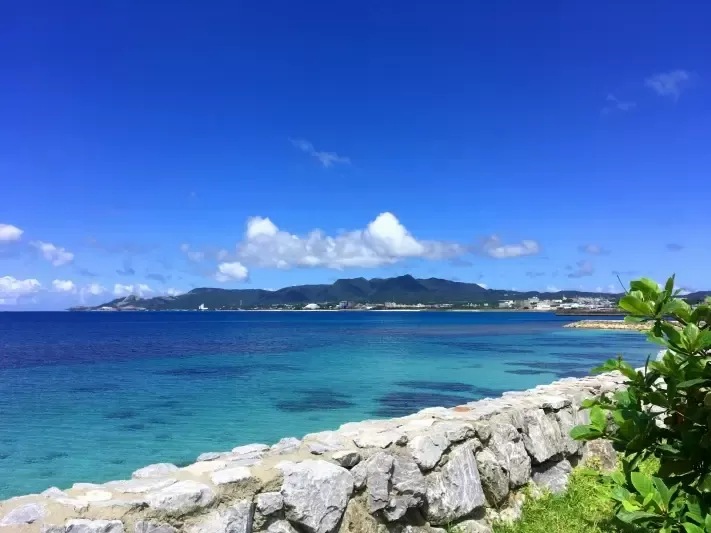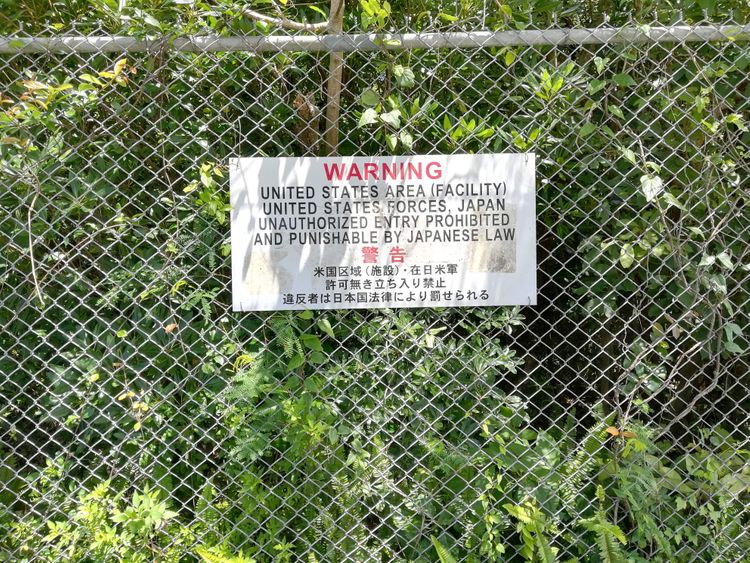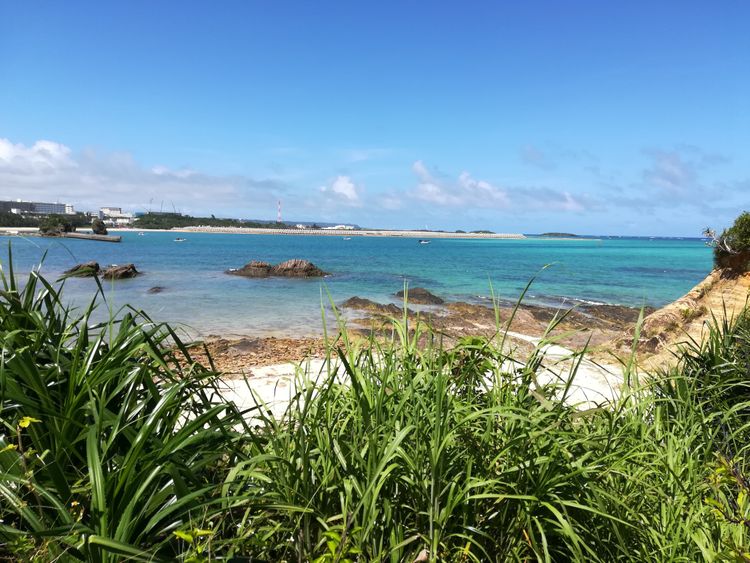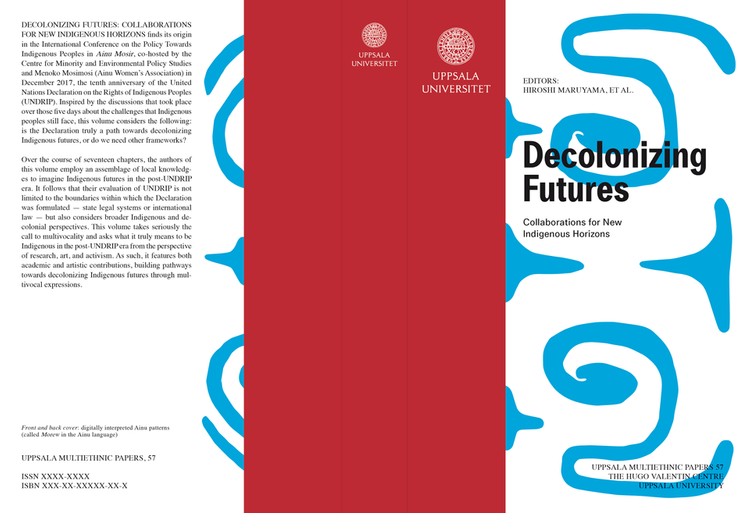Call for Abstracts Okinawa Conference 12-15 July
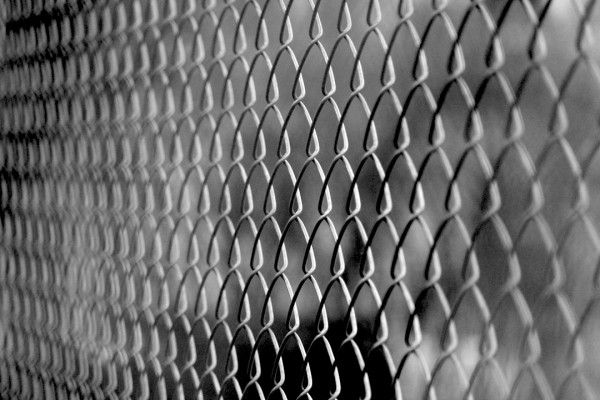
Decolonizing Futures: Transforming an Era of Environmental Catastrophe, Poverty, Hatred, Discrimination and Violence into an Era of Hope
Date: 12-15 July 2024 Venue: Meio University in Nago, Okinawa
In 1492, Christopher Columbus arrived in the so-called ‘New World’, marking the beginning of the colonial era, intertwined with racism and capitalism. Today, the legacy of colonialism persists in former colonies and continues globally in the form of settler colonialism. The world’s climate crisis and unequal distribution of wealth caused by the never-ending expansion of capitalism, as well as imperialist wars such as the Russian invasion of Ukraine and the Israeli genocide of the Palestinians, leave many people feeling powerless. Although the United Nations has issued numerous instruments to protect the environment and human rights, state sovereignty often hinders their effectiveness.
In so-called ‘Okinawa’, the people of the Ryukyu Islands have been subjected to social injustices at the hands of Japanese and US colonialists. These injustices include dispossession of land and autonomy, water pollution, racial discrimination, sexual violence against Indigenous women and the imposition of centralized and standardized education models that replace traditional land-based models which encourage Indigenous languages and culture.
We call for researchers, artists and activists to submit their abstracts for presentation to us, exploring ways to transform this era of environmental catastrophe, poverty, hatred, discrimination and violence into an era of hope. We also encourage all those who, through their research, art and activism, seek to challenge colonialism, capitalism and patriarchy to work together with us towards decolonizing futures. In this seminar on 13-15 July, there will be several sessions consisting of presentations. Abstracts will be categorized into several sessions after collecting submitted abstracts. Additionally, there will be four special sessions:
Panel on Indigenous Feminism and Multiple Forms of Discrimination against Indigenous Women (panellists: Cindy Gaudet, Olivia Doyle, Madoka Hammine)
Panel on Art and Activism Under and Against Settler Colonialism (panellists: Antonie Frank, Maki Nakachi,Kanae Uema, Hiroshi Maruyama)
Panel on Ethical Guidelines for Research (panellists: Carles Jornet, Miho Zlazli, Seira Duncan)
Workshop on Language Reclamation in Ryukyus and Okinawa (presenters: Jelisava Sethna, Sachiyo Fujita-Round, Joy Taniguchi, Masahide Ishihara, Akiko Yokoyama, Mathew Topping)
Furthermore, on 12 July, a day before the seminar, excursions are planned for learning about Ryukyuan culture, nature, and the dual settler colonialism the people of the Ryukyus are struggling against. We will visit three sites: Henoko, Nakamura Residence and Yambaru.
The number of words in the abstract is limited to 150-200. Authors must include the title, affiliation, email address, and 4-5 keywords in the abstract. The completed abstract should be submitted to Madoka Hammine at: m.hammine@meio-u.ac.jp before the 1st of May, 2024.
A draft programme, including sessions, panel discussions, a workshop, banquet and excursion, and abstract book will be released by the end of June 2024 on the website of CEMiPoS (https://cemipos.org/).
Organizing Committee:
Madoka Hammine, Associate Professor, Meio University
Kaoru Okano, Professor, Okinawa International University
Miho Zlazli, PhD Candidate, SOAS University of London
Masahide Ishihara, Professor, The University of the Ryukyus
Maki Nakachi, Citizen of Nanjo, Okinawa
Sylwia Dobkowska, Assistant Professor, University of Gdańsk
Carles Jornet, PhD Candidate, University of Sydney
Meindert Boersma, MPhil, University of Cambridge
Hiroshi Maruyama, Director, Centre for Environmental and Minority Policy Studies
Please find the pdf version of the call for abstracts for distribution here.
Photo credits: Antonie Frank Grahamsdaughter, The Route
